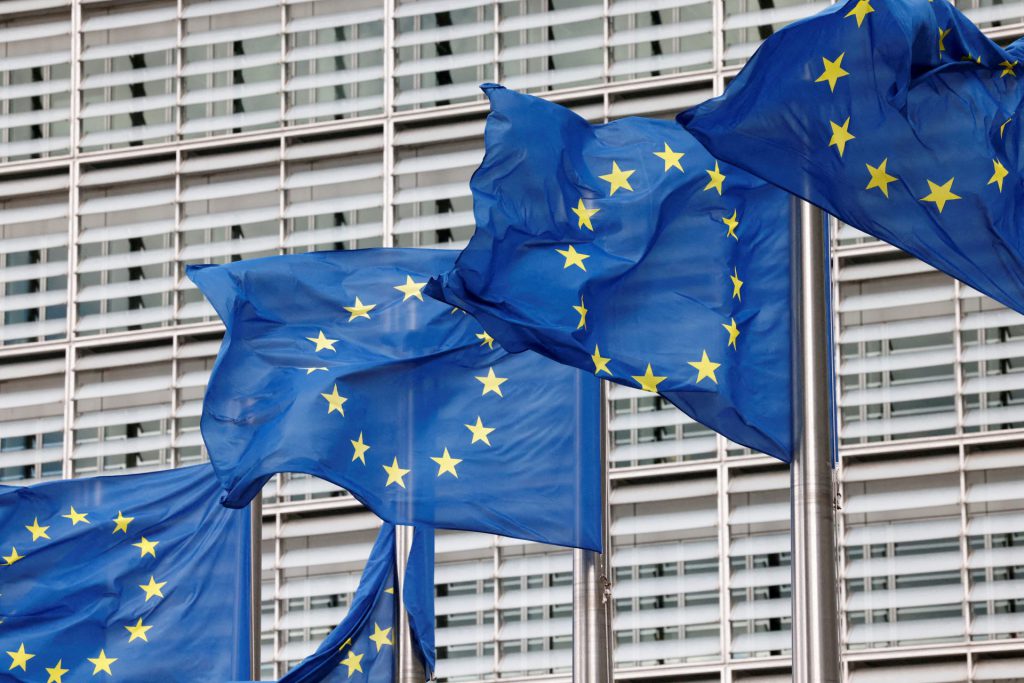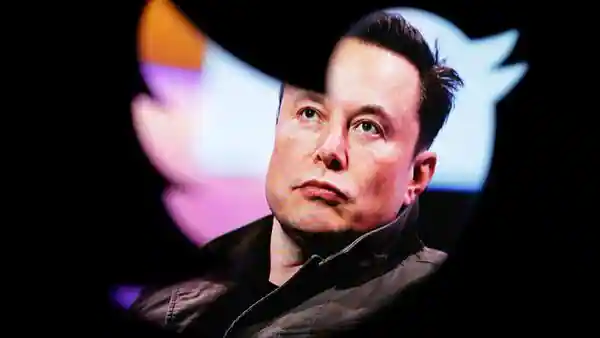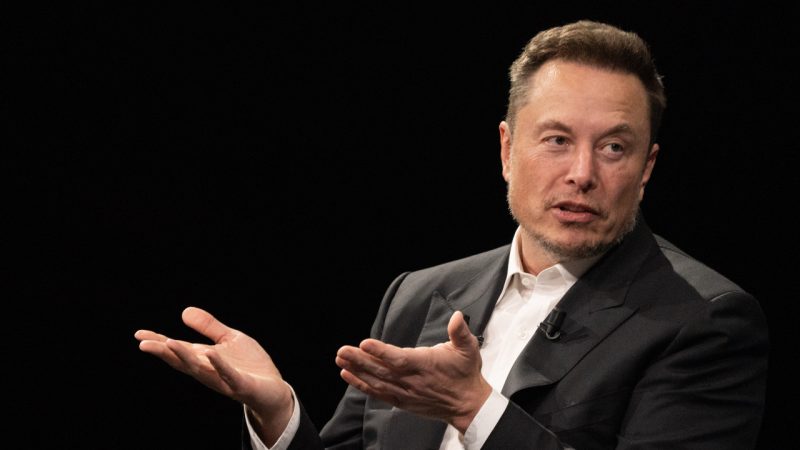Elon Musk has claimed that the EU and its European Commission offered X (formerly Twitter) a secret censorship deal. In a post to the platform, Musk claimed the agency “offered X an illegal secret deal; if we quietly censored speech without telling anyone, they would not fine us.”
The claims arrive as the social media network is facing more than $200 million worth of fines, according to recent documents published by the Commission. Moreover, they claim the platform has preliminarily been found to breach the Digital Services Act (DSA).
Also Read: Tesla Shareholders Approve Elon Musk’s $56B Pay Package, Relocation to Texas
Musk Says EU Offered X an Illegal Deal to Censor Speech


According to the European Commission, the X platform is facing serious financial penalties. The EU executive arm said the firm violated the DSA on three instances. Moreover, they are facing fines “up to 6% of the total worldwide annual turnover of the provider.”
Elon Musk then took to X to allege that the platform was offered a secret censorship deal by the EU. Although the company’s CEO says his platform never agreed to the illegal deal, “other platforms accepted” it.
Musk’s claims were made in response to European Commission executive vice president Margrethe Vestager. The VP called out X’s continued non-compliance with the DSA. She claims the site “misleads users, fails to provide adequate ad repository and blocks access to data for researchers.”

Also Read: Elon Musk Will Ban Apple Products At His Companies for OpenAI Integration
The claims mirror those published by the EU notice issued to Musk earlier today. The complaints center on issues with verification. The platform ‘blue checks’ were transitioned under Musk.
Previous regimes used them to identify prominent personalities, while Musk switched it to the benefit of a subscription tier. “Since anyone can subscribe to obtain such a ‘verified’ status, it negatively affects users’ ability to make free and informed decisions,” the commission claims.





